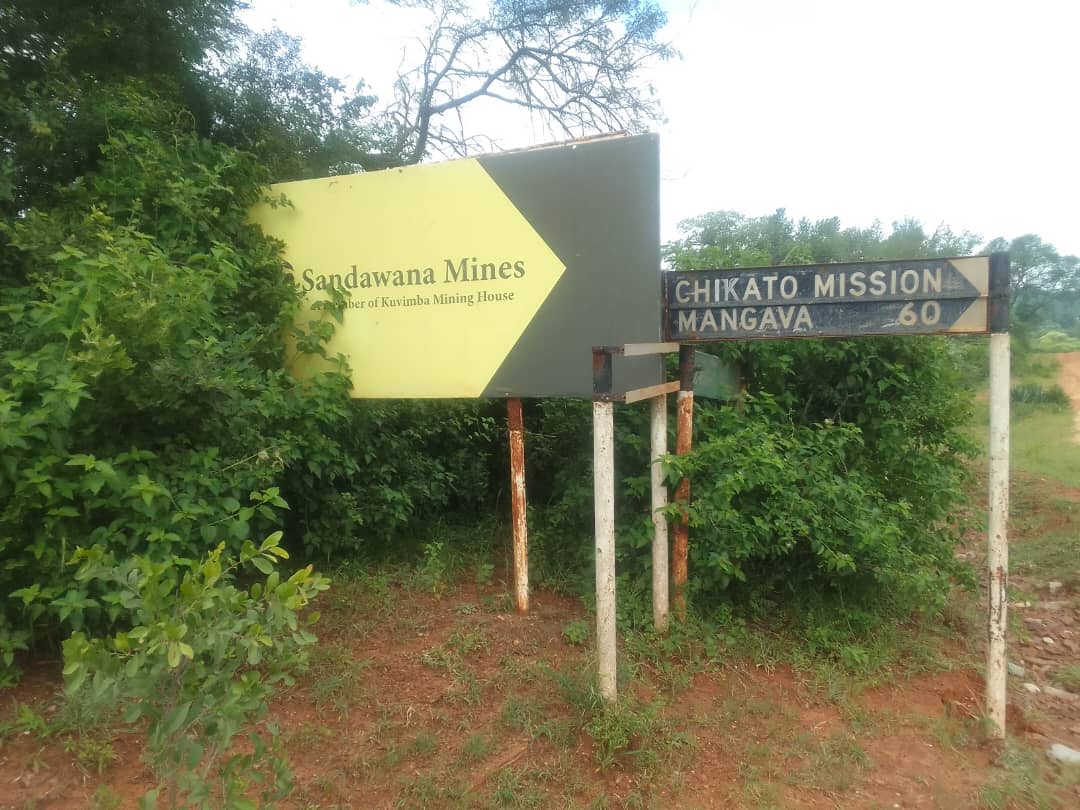It is my singular honour to deliver this Press Statement on the Africa Environment Day for 2023. This day was designated in 2002 by the then Organization of African Union Council of Ministers in Durban, South Africa, on recognition of the numerous environmental challenges confronting the African continent and the need to establish lasting, innovative nature based solutions to these challenges.
In January 2012, the African Union adopted a decision calling for the joint celebrations of the Africa Environment Day and Wangari Maathai Day in recognition of the work and life of the late Professor Wangari Maathai, who dedicated her life to promoting environmental conservation and sustainable development in Africa.
Since then, Zimbabwe has joined the rest of the African continent in celebrating the two observance days on the 3rd of March each year. As a nation, we value this day which provides a platform to promote an in-depth understanding of the contribution of communities, civic society, industry and other sectors towards environmental protection.
As Africa, we stand united, in an endeavour to promote and strengthen innovative nature based solutions to achieve the sustainable development goals, contributing to global best environmental practices, while maintaining our African values.
The theme for this year’s commemoration is “Growing the Recycling Industry for a Sustainable Economy by 2030”
The theme recognizes the key contribution of the recycling industry and the growth it has exhibited as the nation forges towards embracing the circular economy.
The theme also dovetails into reduction of land pollution by implementing sustainable waste management strategies such as waste separation at source, material recovery and recycling.
Zimbabwe’s Integrated Solid Waste Management Plan indicates that the Nation produces an estimated 1.65 million tonnes of waste per annum. Of the volume of waste produced, 90% can either be reused, recycled or composted, hence there is need to explore the best options in terms of disposal, as we sustain our shift from the linear to the circular economy.
The linear economy is based on extraction, consumption and disposal, which apparently has resulted in accumulation of numerous waste streams including hazardous and electronic waste, unsustainable energy consumption and high chemical usage which then destroys our ecosystems.
On the other hand, the circular economy is more resource-efficient and entails maintaining the value of products and materials for as long as possible. A circular economy is therefore one of the current sustainable economic models in which products, and materials are designed so that they can be reused, remanufactured, recycled or recovered and therefore maintained in the economy for as long as possible along with the resources they are made of.
Resource saving strategies for reuse, repair, remanufacturing and recycling of products and their components therefore becomes imperative in this ‘new dawn’ of the Circular Economy, which would enable products to gain a ‘new life’.
Recycling is a key component in scaling up and replication of the circular economy models. Currently, Zimbabwe recycles only 10% of its waste, hence the need to support, enhance and improve the capacity of this sector. Zimbabwe has 75 established players in the recycling industry, some of whom are involved in recycling, either directly or indirectly.
The bulk of the players in the country recycle plastic; low density polyethylene (LDPE) and high density polyethylene (HDPE) as well as scrap metal. A few companies recycle polyethylene terephthalate (Pet), paper and beverage cans. Recycling is mainly concentrated in Harare and other cities. Some companies export raw form of waste, chips and pellets to countries such as South Africa and China.
In order to enhance the functioning of the recycling industry, my Ministry, through the Environmental Management Agency and its partners, has established 150 waste transfer stations across the country, where members of the public can dispose of their separated recyclable material. I urge all citizens to take advantage of this facility and utilize it so as to create a clean, safe and healthy environment.
I pledge full support from my Minister to those in the recycling industry to create for them an enabling environment as they propel this billion dollar industry which also creates green jobs for the populace.
At this juncture, let me applaud all recyclers for the crucial role they are playing towards the economy and environmental sustainability. If we join hands with the recyclers, we will surely abide in an environment that is clean and not harmful to health as stated in the Constitution of the Land.
To that end, may l take this opportunity to invite you all to the National Commemoration of the event to be held jointly with the National Clean-up day in Harare through a Recycling Expo, where all players in the recycling value chain are expected to convene, share notes and come up with sustainable resolutions to take this industry forward as a key pillar towards growing our economy in a clean, safe and healthy environment.
In line with devolution agenda, all Provinces and Districts across the country will commemorate the two environmental days of the National Clean up and Africa Environment also under the same theme or any other scope applicable to that locality but still dovetailing towards the building of green solutions and enhancing of the green movement.
This will begin with a cleaning and greening in the chosen locality in line with the Presidential declaration on the National Clean-up programme and the Beautification of Cities programme respectively. This will be then followed by interfacing with players in the recycling sector through a Recycling exhibition. Address by dignitaries will also take centre stage as we try to disseminate information to the public.
The time to create a green tomorrow is now-let’s all play a part.
Thank You, Tatenda, Siyabonga.








